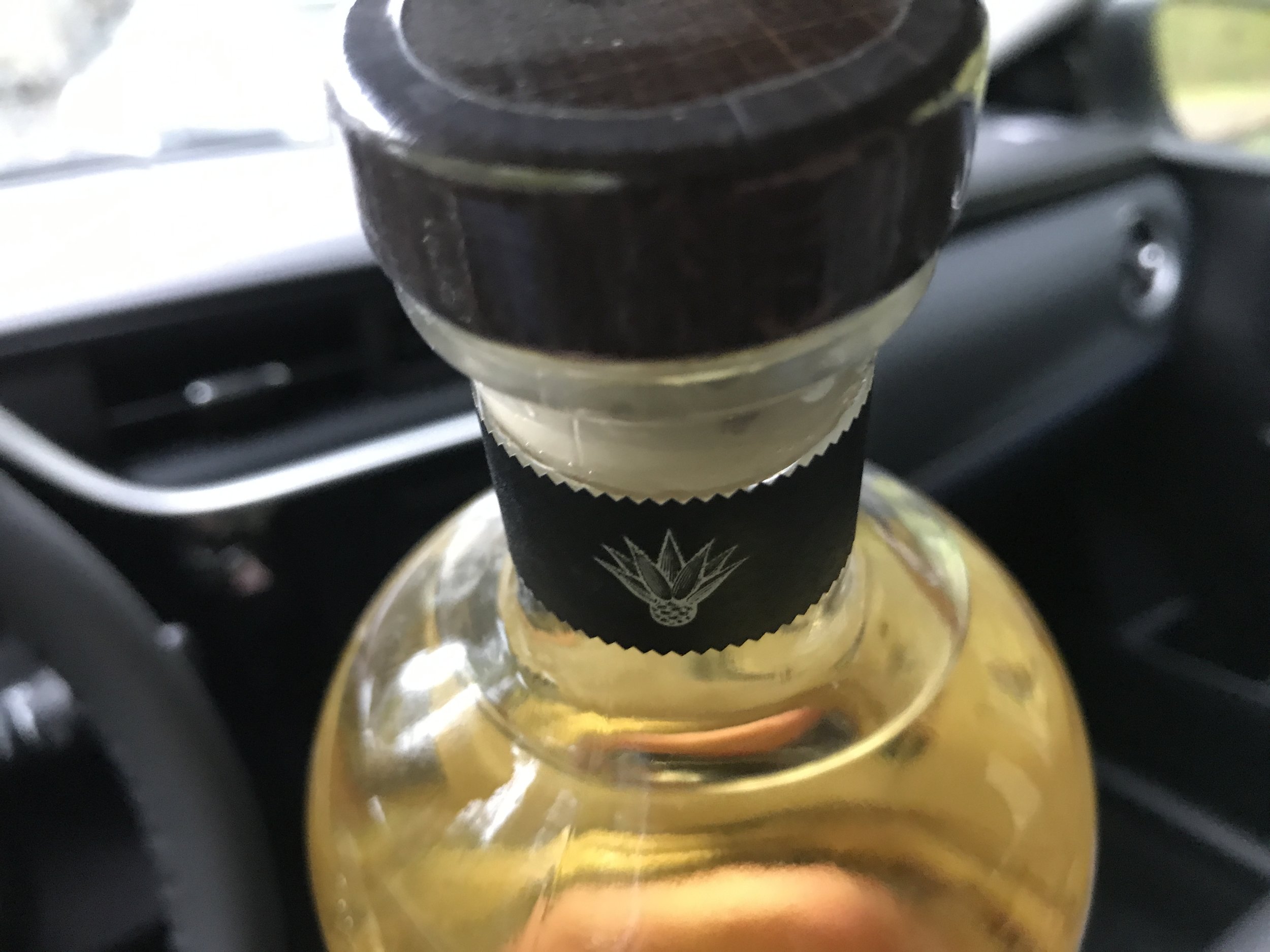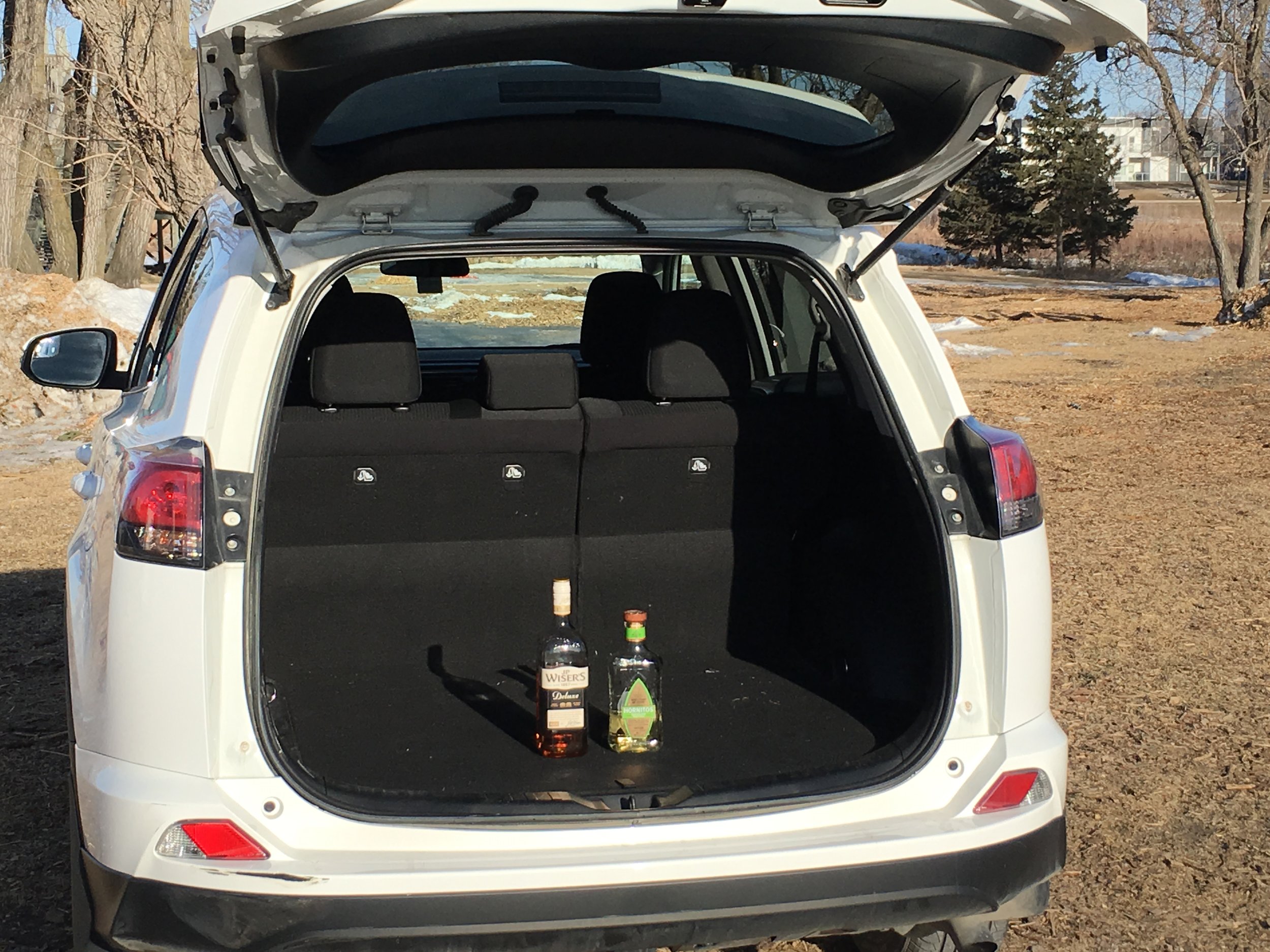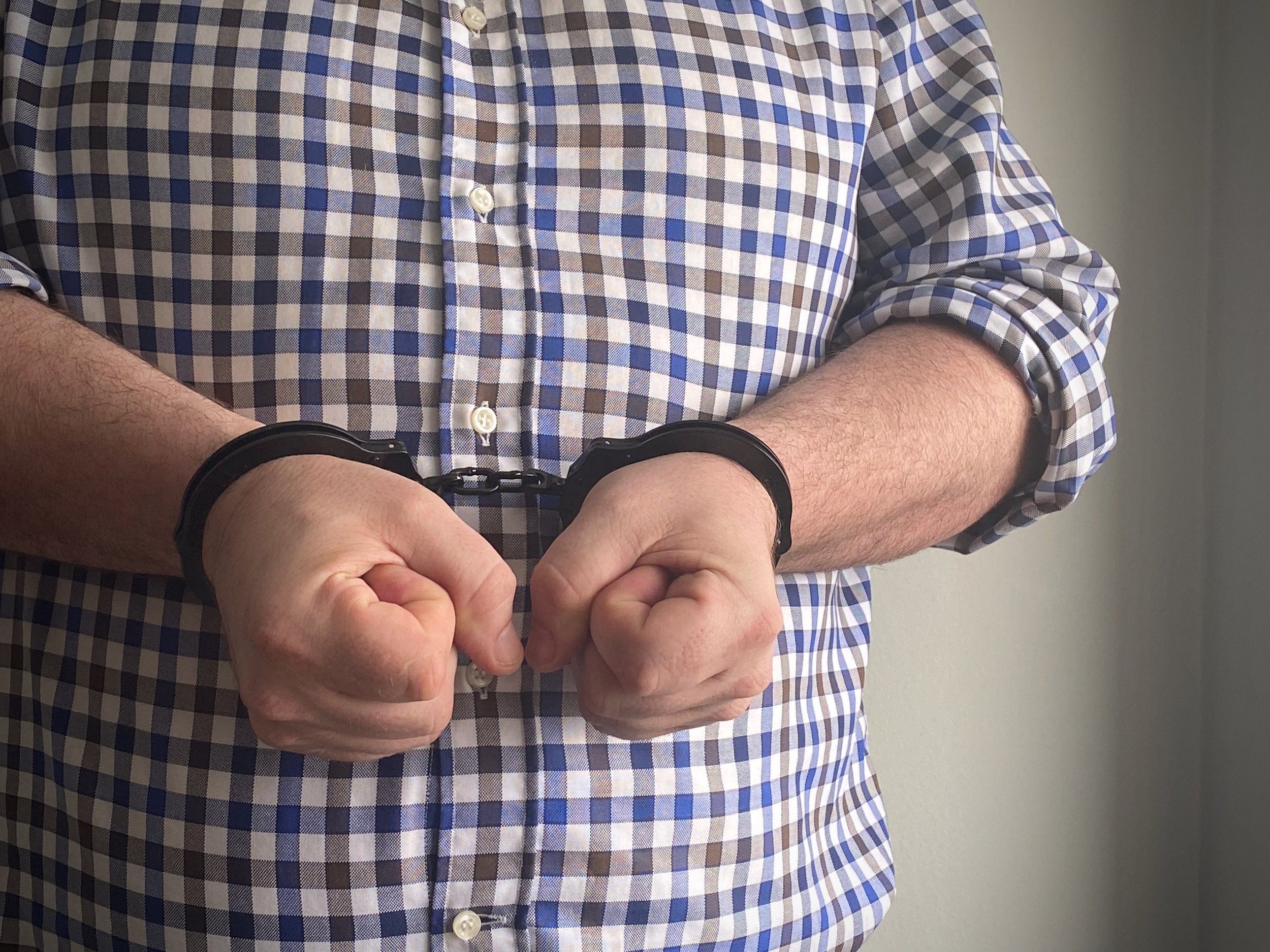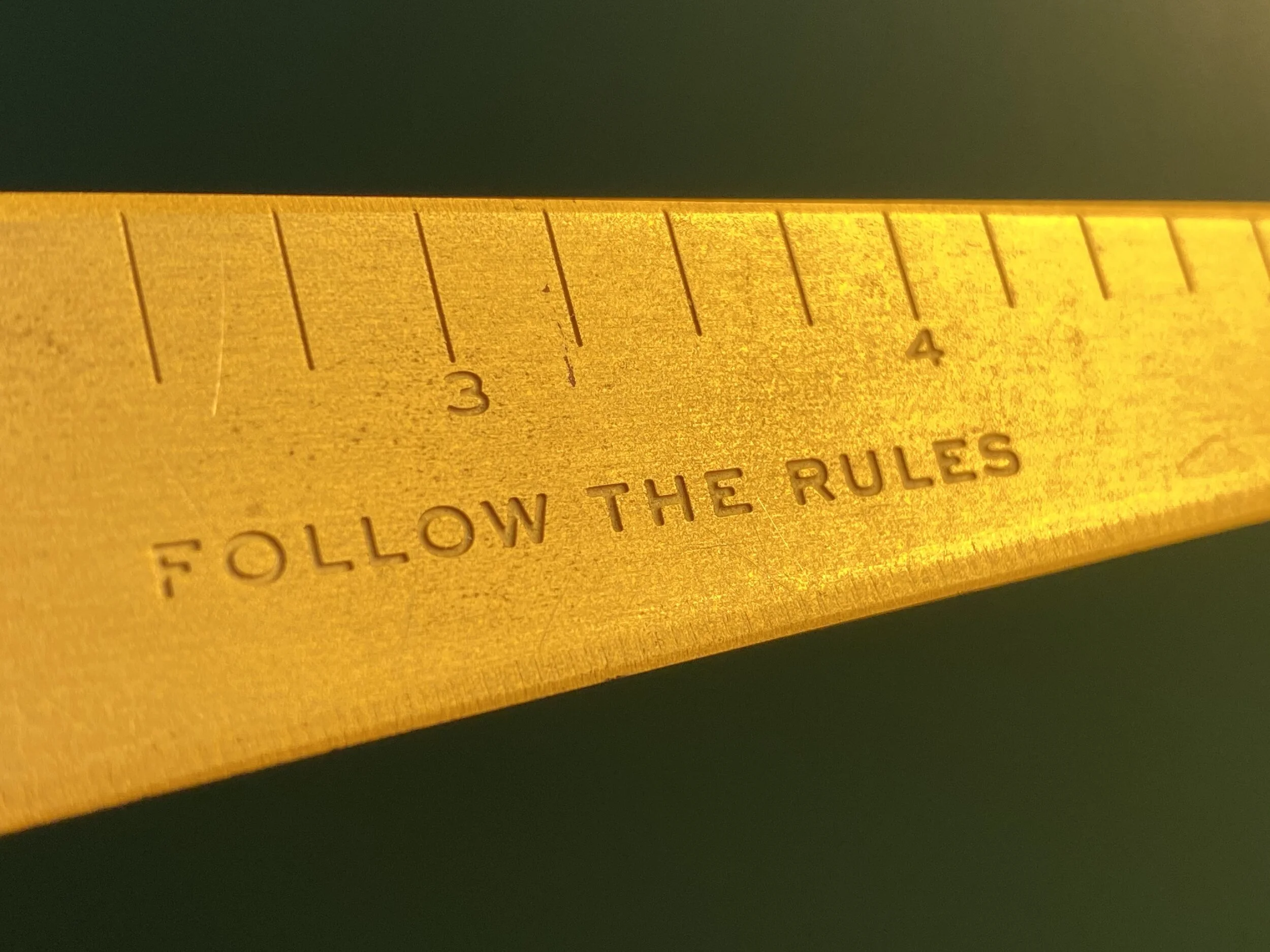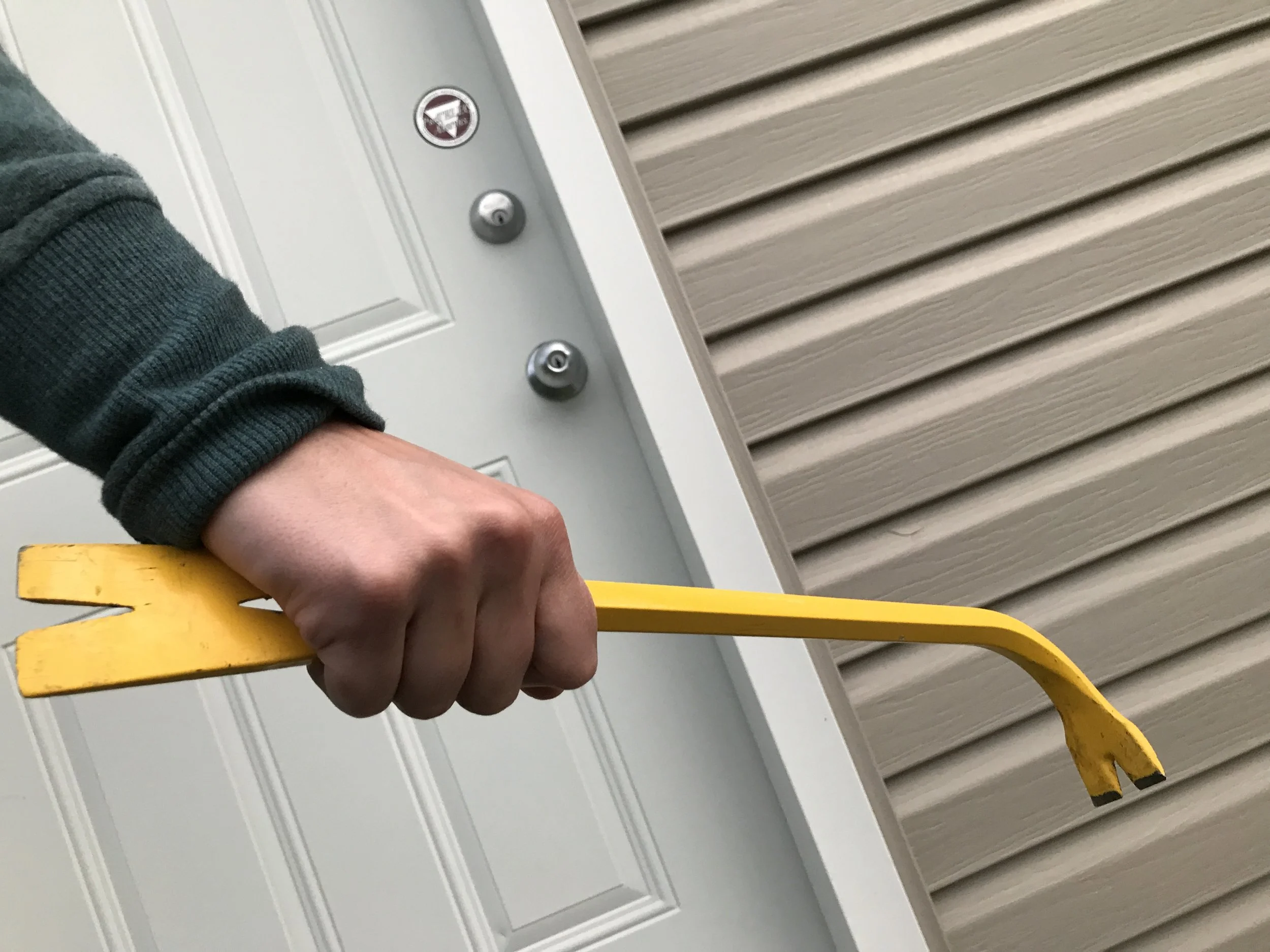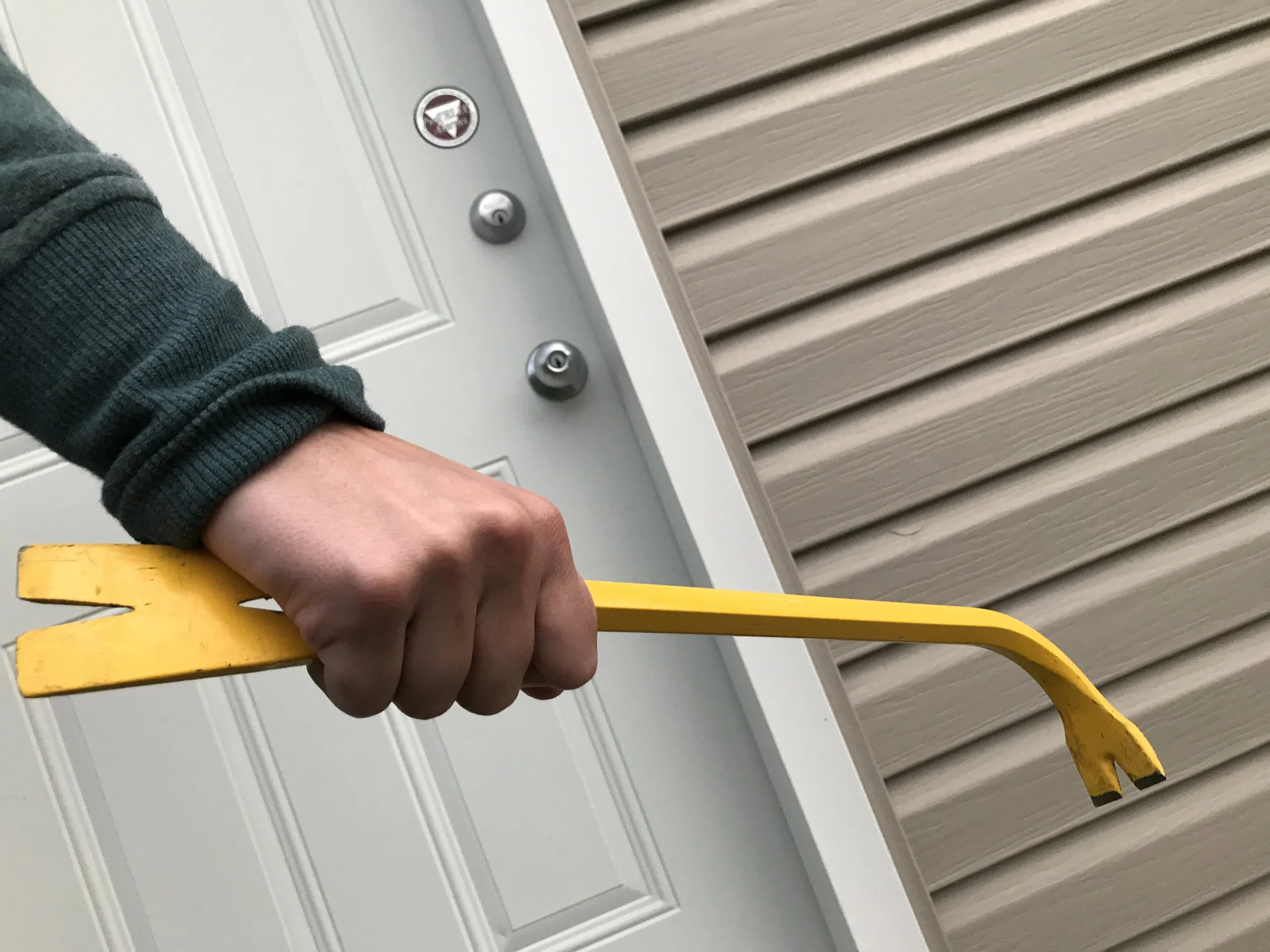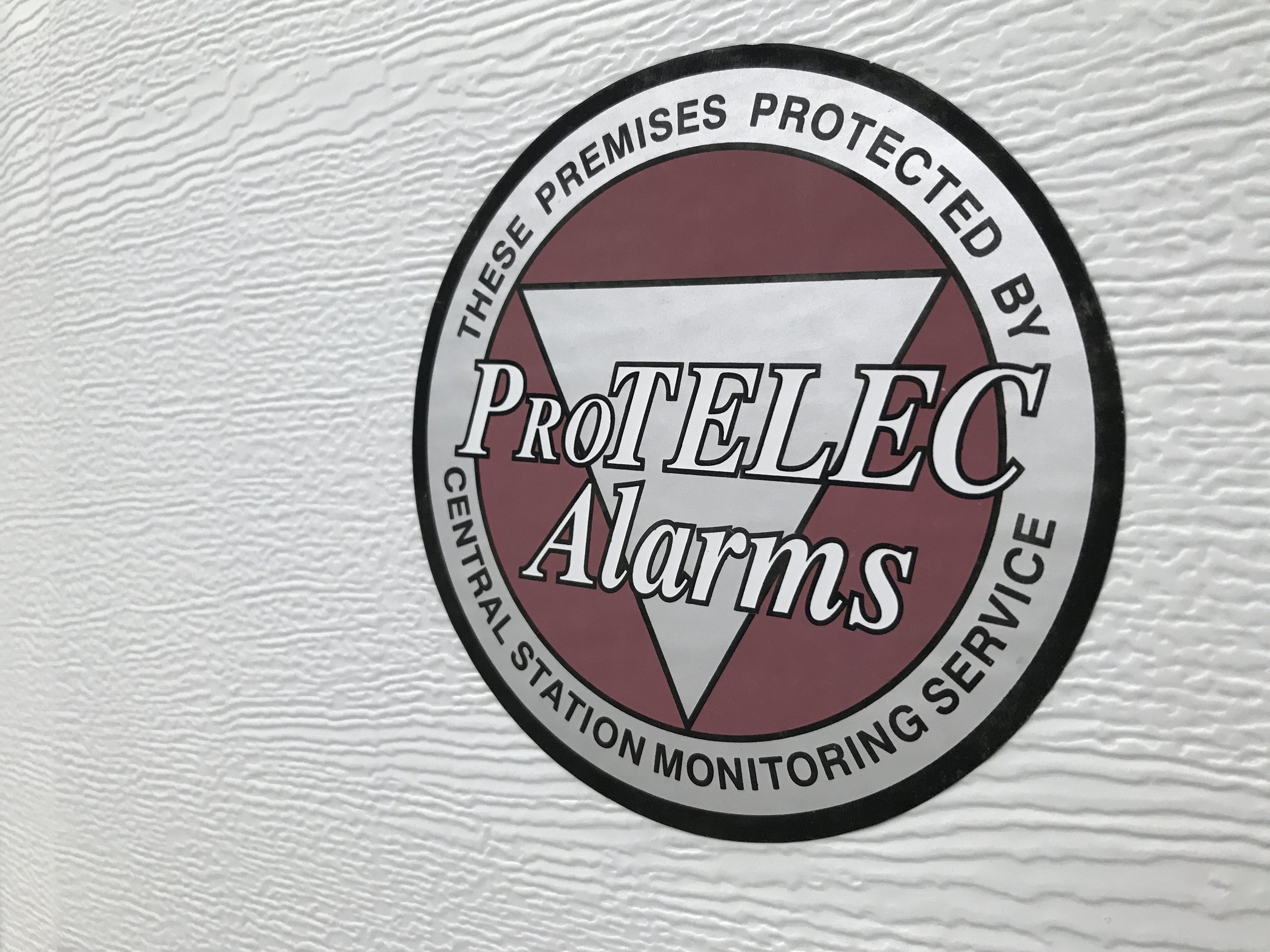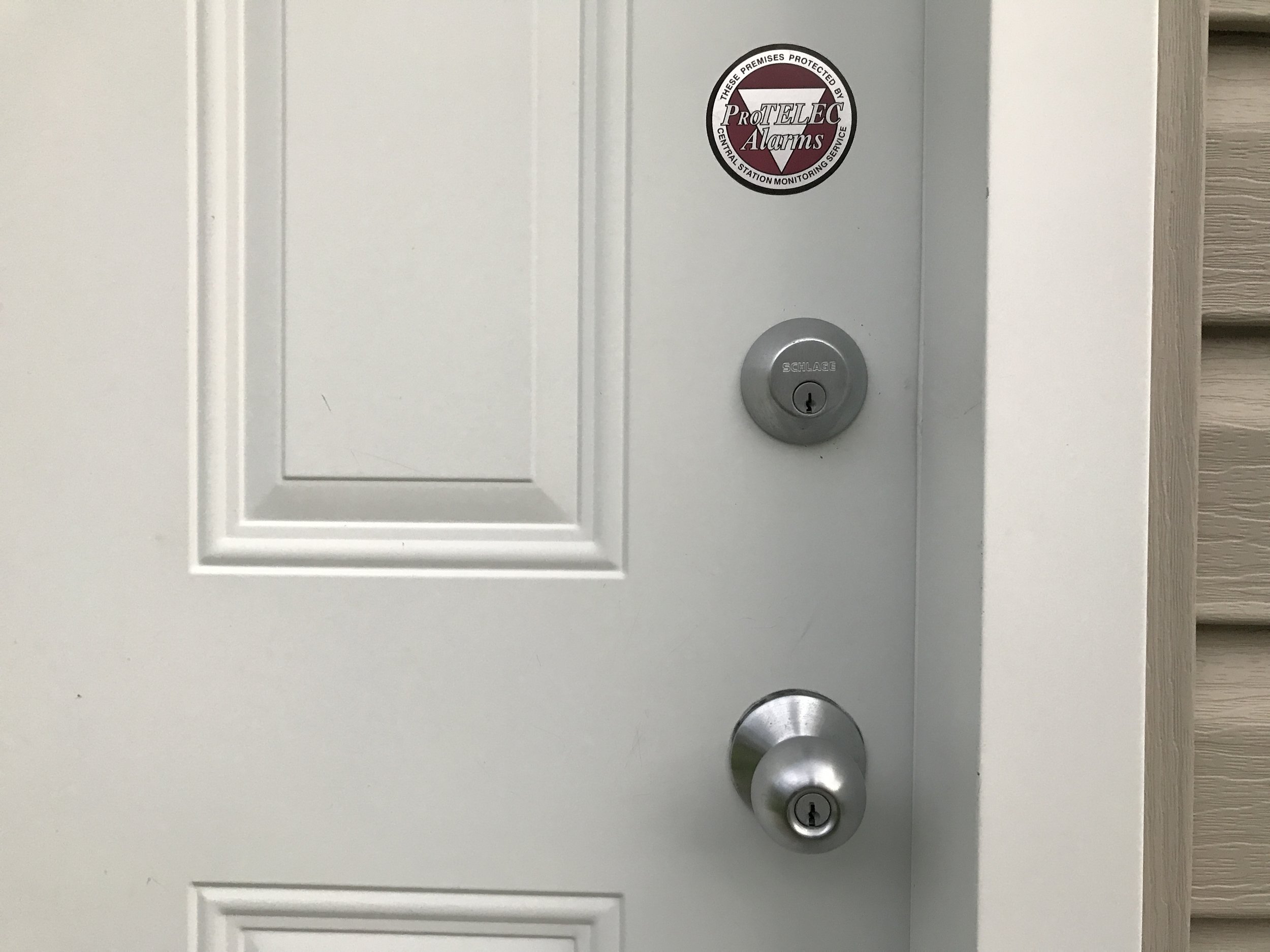Can I have open liquor in a vehicle in Manitoba? Is it against the law to have alcohol in your car? Can I have open alcohol in my trunk? As the go-to lawyer for most of my friends and family, these types of questions have come up lately. And it makes sense. People want to make sure they are following the rules and the the law can get complicated in the area of drinking and driving. I have handled many drive impaired cases and open liquor tickets in Winnipeg and across Manitoba, so here's what you need to know.
First of all, laws can be different all over Canada, so be aware the information on this page applies to the Province of Manitoba. Laws can also change over time, so this information was accurate as of April 2018.
1. Legal rule - HTA Law
We need to start by looking at The Highway Traffic Act (HTA) in Manitoba and section 213(1) that says:
No person shall cause, permit, or suffer any liquor, as defined in The Liquor, Gaming and Cannabis Control Act, to be in a vehicle upon a highway contrary to any provision of that Act.
1. Lawyer to human translation
That really isn't very helpful. Basically it tells us that we have to look at The Liquor, Gaming and Cannabis Control Act (LGCCA). If you break the rules under the LGCCA, then you're breaking this rule in the HTA.
2. Legal rule - LGCCA General Law (Motor Vehicles)
Section 60 in the LGCCA talks about liquor in motor vehicles:
60(1) A person must not drive or have the care and control of a motor vehicle, whether or not the motor vehicle is in motion, if there is liquor in the motor vehicle, unless the motor vehicle is the subject of a licence or permit.
2. Lawyer to human translation
This sets out the main rule which is NO LIQUOR in a vehicle at all unless you have a licence/permit. Liquor means anything with 1% of alcohol or more (obviously this includes all spirits, wine, and beer). But don't panic, you haven't been accidentally breaking the law your whole life because there are several exceptions that we will talk about shortly. Remember that even if you aren't driving your car, you still have to follow these rules. If you're leaving some liquor in your car overnight or you are loading up your car after your visit to the MLCC, you must store your alcohol properly and follow these rules.
3. Legal rule - Closed Liquor (Any Motor Vehicle)
60(2) Subsection (1) does not apply (a) if the liquor is in a bottle, can or container that has not been opened or unsealed;
3. Lawyer to human translation
If you haven't opened the liquor and you haven't broken the seal on the liquor, then it is considered CLOSED LIQUOR and you can have it in anywhere in your car. So, as long as you haven't been cracking the seal between the store and your car, then you have been following the law this whole time.
Closed liquor
The container has never been opened & the seal is not broken
In a vehicle
You can have closed liquor anywhere in a car, truck, or SUV
4. Legal rule - Open Liquor (Car, Truck)
60(2) Subsection (1) does not apply (b) if the liquor is stored in the trunk, an exterior compartment on the vehicle or another space designed for the carriage of goods or baggage that is not readily accessible to any person in the motor vehicle;
4. Lawyer to human translation
If you have OPEN LIQUOR, its time to pay attention. Open liquor must be kept it in the trunk of your car, the bed of your truck, or in a rooftop carrier. You can also store it in the back of the vehicle if the liquor isn't easy to get at by the driver or passengers in the vehicle. But what about SUVs and vans? That's part of the very next rule, so keep reading.
Open liquor
You have opened the container (doesn't matter if it is still full or not)
In a car
Store open liquor in the trunk (or rooftop carrier)
In a truck
Store open liquor in the bed of the truck (or rooftop carrier)
5. Legal rule - Open Liquor (Van, SUV)
60(2) Subsection (1) does not apply (c) in the case of a motor vehicle that is a station wagon, van or hatchback style of vehicle, if the liquor is stored behind the rear of the last seat in the vehicle, whether or not that seat is in an upright position; or
5. Lawyer to human translation
If you have OPEN LIQUOR in a station wagon, van, hatchback, or SUV, then you have to put it behind the last set of rear seats (basically the trunk or back area). If you folded down the last set of rear seats, you have to make sure the liquor is remaining as close to the rear of the vehicle as possible. Basically, you can't fold down the seats so the alcohol can be closer to the driver inside the vehicle. But what about my motor home? You guessed it, that's the next section.
In a van or SUV
Store open liquor behind the last row of seats
6. Legal rule - Open Liquor (Motor Home)
60(2) Subsection (1) does not apply (d) in the case of a motor vehicle that is a motor home, if (i) it is being used as a residence, or (ii) the liquor is stored in a cabinet or other storage compartment away from the driver's area while the motor home is not being used as a residence.
6. Lawyer to human translation
If you're using your motor home as your living quarters or your residence (you're not driving it around), then you can have OPEN LIQUOR anywhere. If you're at a camp site and the motor home is parked for the night, then it is just like your home - you can have alcohol anywhere. If you're not using the motor home as your home/residence (basically, you're driving it), then OPEN LIQUOR must be in a cabinet or other area of the vehicle that is far away from the driver.
In a motor home
Store open liquor anywhere if you're not moving, but if you're moving then keep it away from the driver
7. Legal rule - Open Liquor (Taxi)
60(3) The operator of a motor vehicle used for the transportation of persons for compensation must not transport liquor unless the liquor is in the possession of a passenger and is being transported in accordance with subsection (2).
7. Lawyer to human translation
Taxi drivers cannot have any liquor and have to make sure their passengers are following the rules for transporting open or closed liquor as outlined above.
In a taxi
Taxi drivers cannot have any liquor and taxi passengers have to follow the normal rules for open or closed liquor
8. Legal rule - LCGA General Law (Boats)
61(1) A person must not operate or have the care and control of a boat while there is liquor in the boat, unless the boat is the subject of a licence or permit.
8. Lawyer to human translation
This sets out the main rule which is NO LIQUOR in a boat at all unless you have a licence/permit. Now again, there are some exceptions. Boats include anything that is used to travel on water so motorboats, canoes, and jet skis are all considered boats.
9. Legal rule - Closed Liquor (Boats)
61(2) Subsection (1) does not apply (a) if the liquor is in a bottle, can or container that has not been opened or unsealed; or
9. Lawyer to human translation
Just like with motor vehicles, if you haven't opened the liquor and you haven't broken the seal on the liquor, then it is considered CLOSED LIQUOR and you can have it in anywhere in your boat.
Closed liquor in a boat
You can have closed liquor anywhere in a boat
10. Legal rule - Open Liquor (Boats)
61(2) Subsection (1) does not apply (b) if the liquor is stored in a closed compartment in the boat.
10. Lawyer to human translation
If you have OPEN LIQUOR, its time to pay attention again. Open liquor in a boat must be in a closed compartment or storage area in the boat.
Open liquor in a boat
You must store open liquor in a closed compatment or storage area on the boat
Is a single can of unopened beer/cooler open or closed liquor?
It is not 100% clear whether or not a single can of beer would meet the definition of open liquor or not. Some people would argue that the container is the cardboard box that beer cans comes in, so if the beer can is not in the cardboard box anymore or if the cardboard box is open, then it is open liquor. You can buy single cans at the Liquor Mart and then you do not get a cardboard box at all, so does that mean you are leaving the store with open liquor? Other people would argue that the purpose of the laws are to prevent people from consuming alcohol while in their vehicles. Therefore, if the can itself is not open, then it would be impossible to consume the contents - so as long as the can itself is sealed and closed, then it is closed liquor. So, there are arguments on both sides. It is a lot easier and cheaper to treat single cans as open liquor than it would be to get charged with an offence, proceed to trial, and then possibly win. So if you have a single can or a few single cans, treat it as open liquor and avoid the headaches of a ticket.
Single can
Be safe rather than sorry, treat it like open liquor
Consequences If You're Guilty
What kind of punishment you will get depends if you are charged under the HTA or the LGCCA. Let's start with the HTA.
Summary conviction offence
2015 Brown Book says the fine is a set amount of $237.50
Manitoba Public Insurance (MPI) will also deduct 2 points on your Driver Safety Scale (MPI Calculator)
What about the LGCCA?
Summary conviction offence
(a) in the case of an individual, to a fine of not more than $50,000, imprisonment for up to six months, or both; and
(b) in the case of a corporation, to a fine of not more than $250,000.
Final Thoughts
There's a lot of things that you can do that are both completely legal and completely idiotic. In Canada, we have freedom of expression, so you're within your rights to tell the guy bench-pressing 225 lbs. at the gym that you think he's a wimp. Not a smart idea. Similarly, even though you can legally have closed liquor anywhere in a vehicle, it is always a good idea to keep it in the trunk/back and out of sight. You don't need the extra attention of a police officer that stops you when they see liquor in your vehicle. Be responsible.
Related articles
Impaired Driving or DUIs (michaeldyck.ca)
Trying to Beat the Breathalyzer Test (michaeldyck.ca)
Is Marijuana Use Impaired Driving (michaeldyck.ca)
Supreme Court of Canada Series: R. v. Bingley (DRE Experts) (michaeldyck.ca)
About the author
Michael Dyck is a partner at Rees & Dyck Criminal Defence. He represents clients primarily from Winnipeg, Steinbach, and rural Manitoba. He has extensive experience helping people charged with criminal offences and focuses on building legal strategy with clients. To read more of his articles, please visit his partner's website TomRees.ca.


